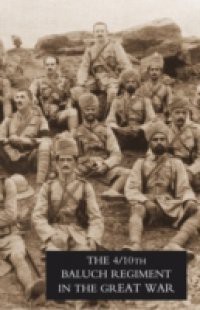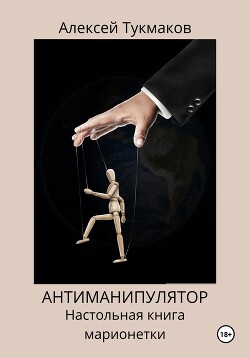The part played by Indian soldiers in the Great War is, as the author of this excellent and excitingly written history correctly complains, somewhat under-appreciated. He blames this on the fact that Regular Army officers in Indian Regiments were too few and too over-worked to write down the essntial facts, while the Indians themselves did not write in English. For W. S. Thatcher, a volunteer who joined up at the outbreak of the war 'for the duration' - his service with the Baluchis remained ' the great adventure of my life'. The Baluchis served in Flanders, fighting in the battles of Festubert and Neuve Chapelle and Loos in 1915 before the decision was taken to embark them for East Africa. Here they fought against that elusive guerrilla genius Gen. Von Lettow-Vorbeck, and, as Thatcher writes, 'They responded magnificently'. He adds bitterly: 'The East African campaign would have meant very great privation and hardship even if it had been well-organised and run, which it was not. Columns were only too often sent out with inadequate medical equipment, porters even without water bottles. Food was bad. Von Lettow would have managed it better'. Casualties in East Africa were much less than in Flanders, but the regiment was ravaged by dysentery and malaria. The book comes complete with Rolls of Honour; and appendices on awards; organisation of Indian troops; and many maps.





 9.13 (8)
9.13 (8) 











